Six of the Best! Croatian Protected Produce On Sale in China
September 18, 2020 – Six items of Croatian protected produce are among the 100 European items to go on sale in China
Six items of Croatian protected produce are among the 100 European items to go on sale in China. In a reciprocal deal, 100 Chinese products will also be recognised and recommended on the European market.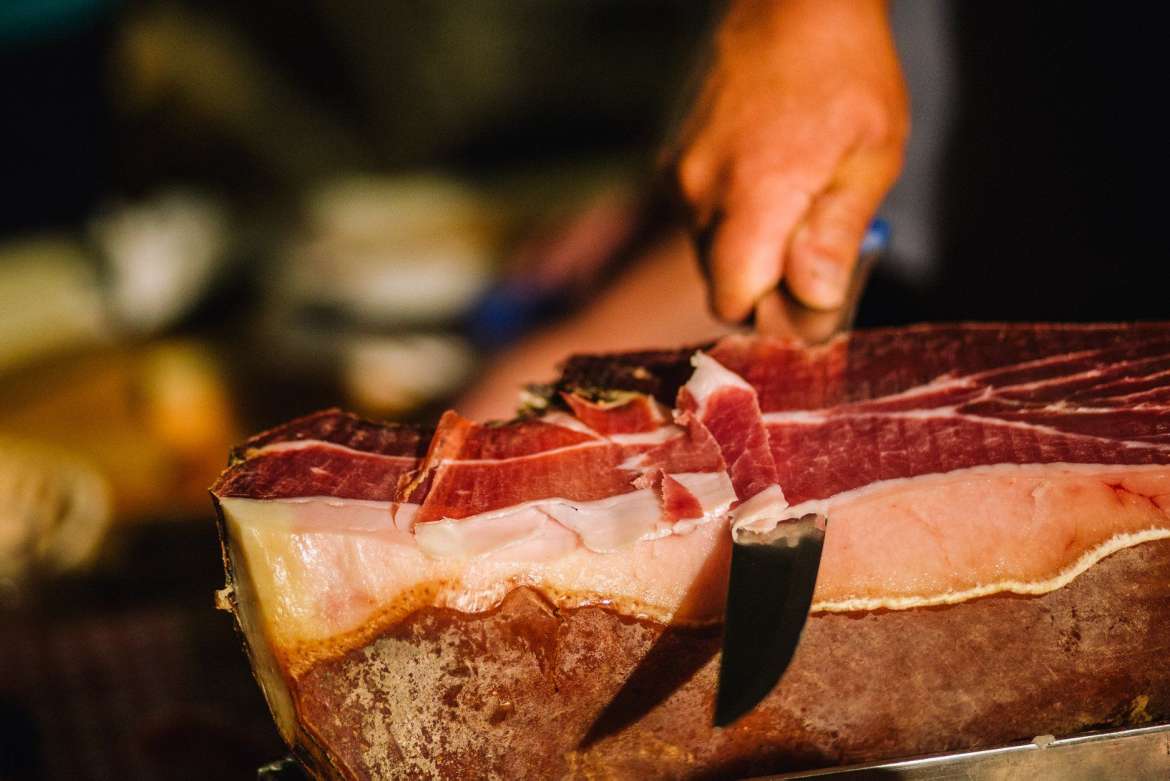 Dalmatian prosciutto © TZ Vrgorac
Dalmatian prosciutto © TZ Vrgorac
Baranja kulen, Dalmatian prosciutto, Drniš prosciutto, Lika potatoes, Dingač wine and Neretva mandarins are the premium six Croatian protected produce chosen to be among the European 100. All of the Croatian protected produce is already recognised at a national and at an EU-level and designated its status based on its unique place of origin.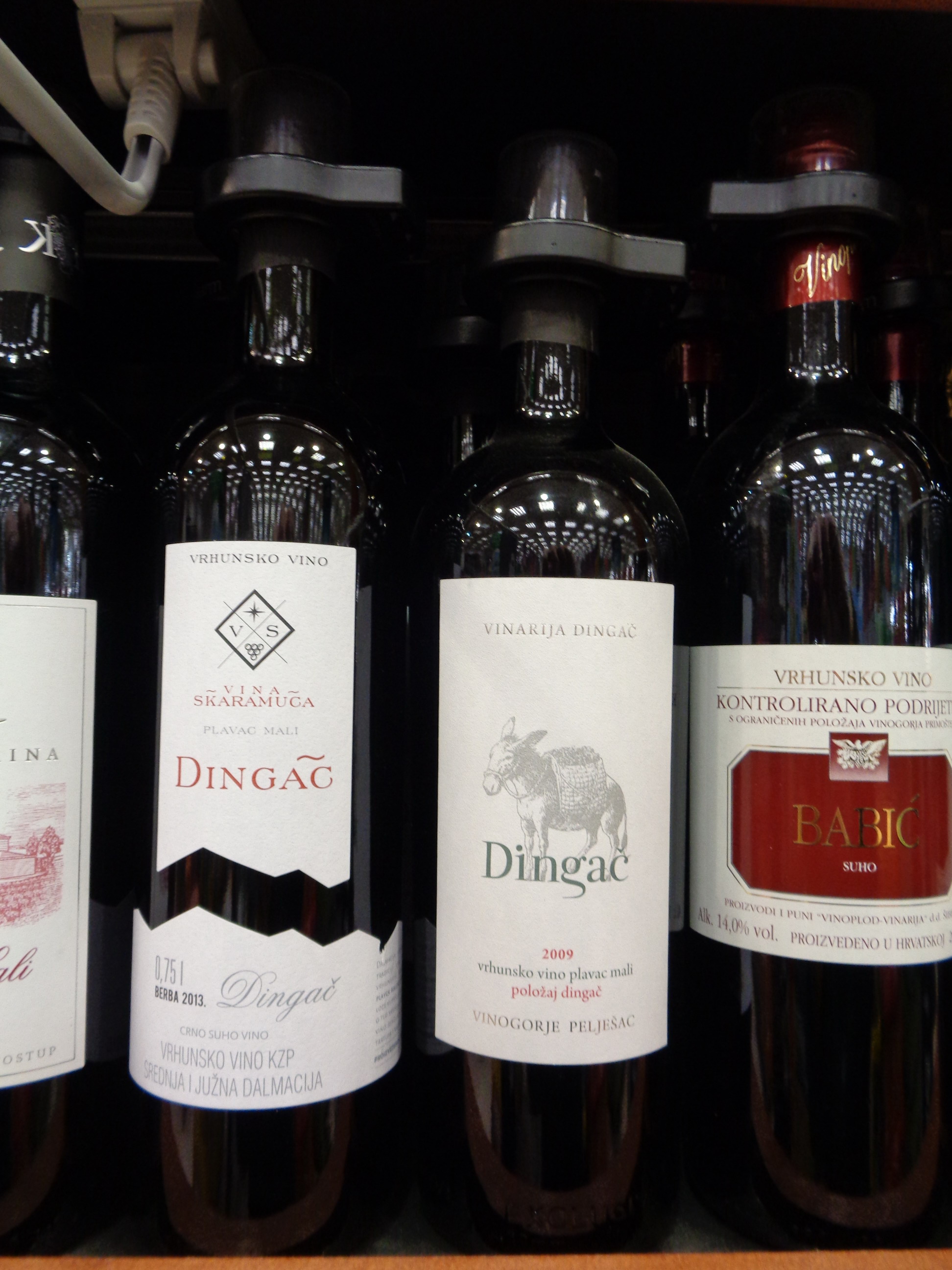 Dingač wine © Silverije
Dingač wine © Silverije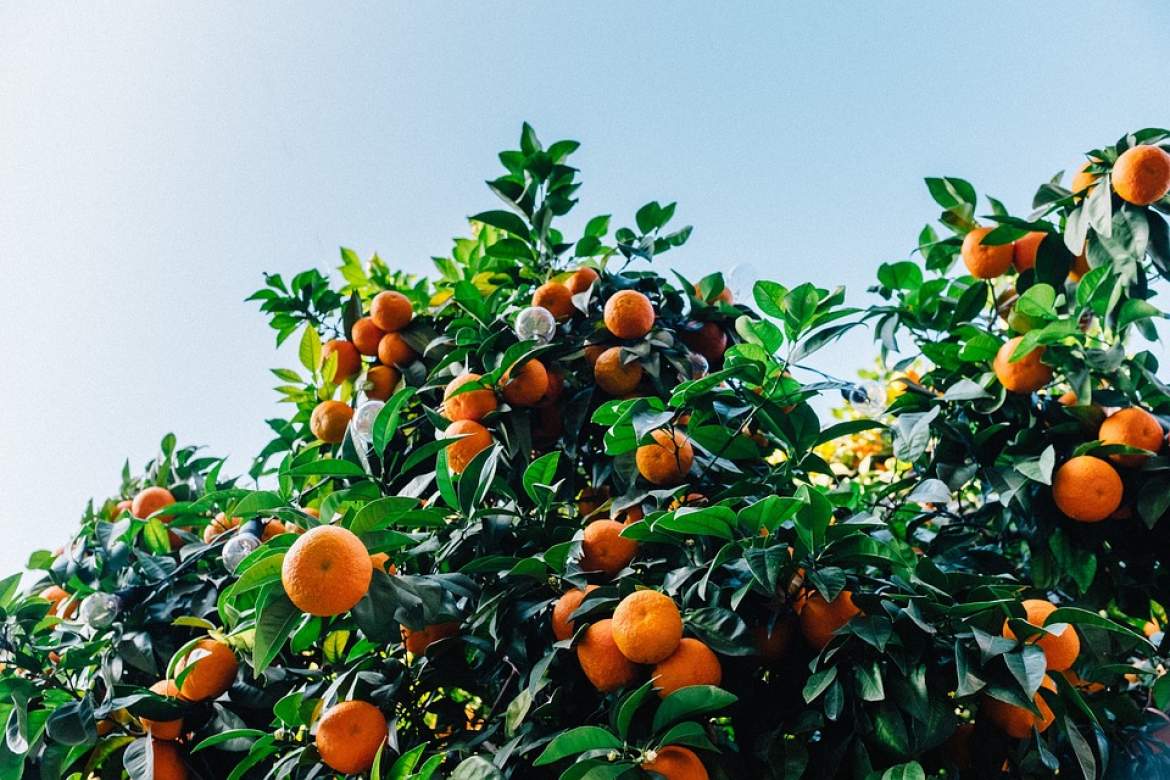 Neretva Mandarins
Neretva Mandarins
The European products will be specially marked and receive special privileges when they go on sale in China. Alongside the Croatian protected produce, other items on the European list are French champagne, Greek feta cheese, Italian Parma prosciutto, Italian mozzarella, Irish whiskey and Portuguese port. On the Chinese list of products are distinct varieties of rice, bean and vegetable products, some of which will already be popular with Europeans who eat or cook Chinese cuisine.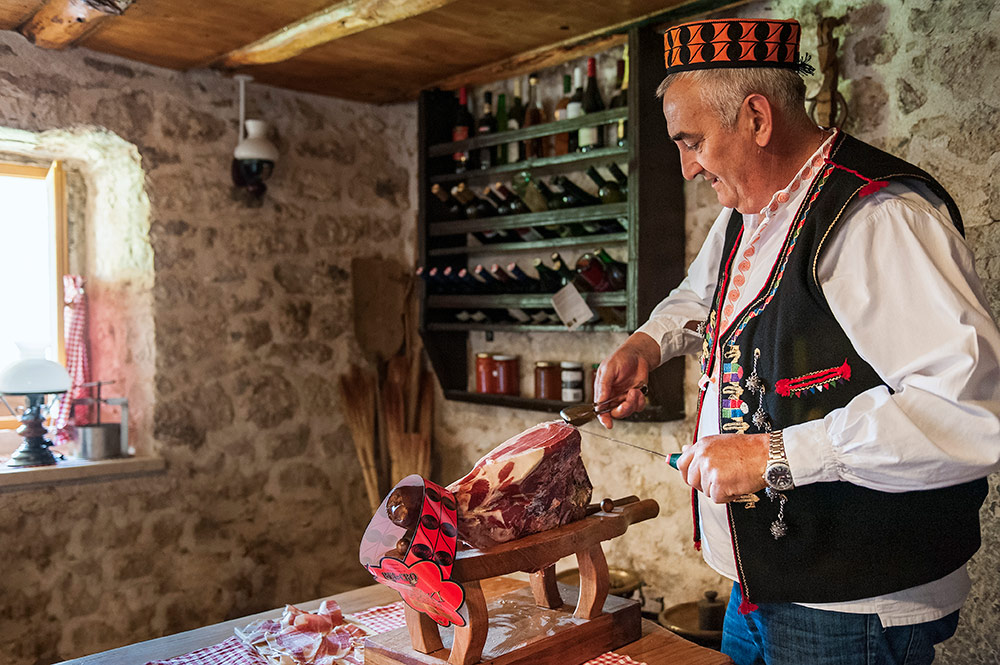 Drniš prosciutto © Tourist Board of Drniš
Drniš prosciutto © Tourist Board of Drniš
The full list of Croatian produce protected at an EU-level currently includes Istrian olive oil, Dalmatian prosciutto, Pag cheese, Lika lamb, Poljički Soparnik, Zagorje turkey, Korčula olive oil, Istrian prosciutto, Sour cabbage from Ogulin, Neretva mandarins, Slavonian honey, Drniš prosciutto, Cres olive oil, Pag salt, Baranja kulen, Bjelovarski kvargl, Varaždin cabbage, Pag lamb, Šolta olive oil, Meso 'z tiblice, Zagorje mlinci, Krk prosciutto, Lika potatoes, Slavonian kulen, Krk olive oil.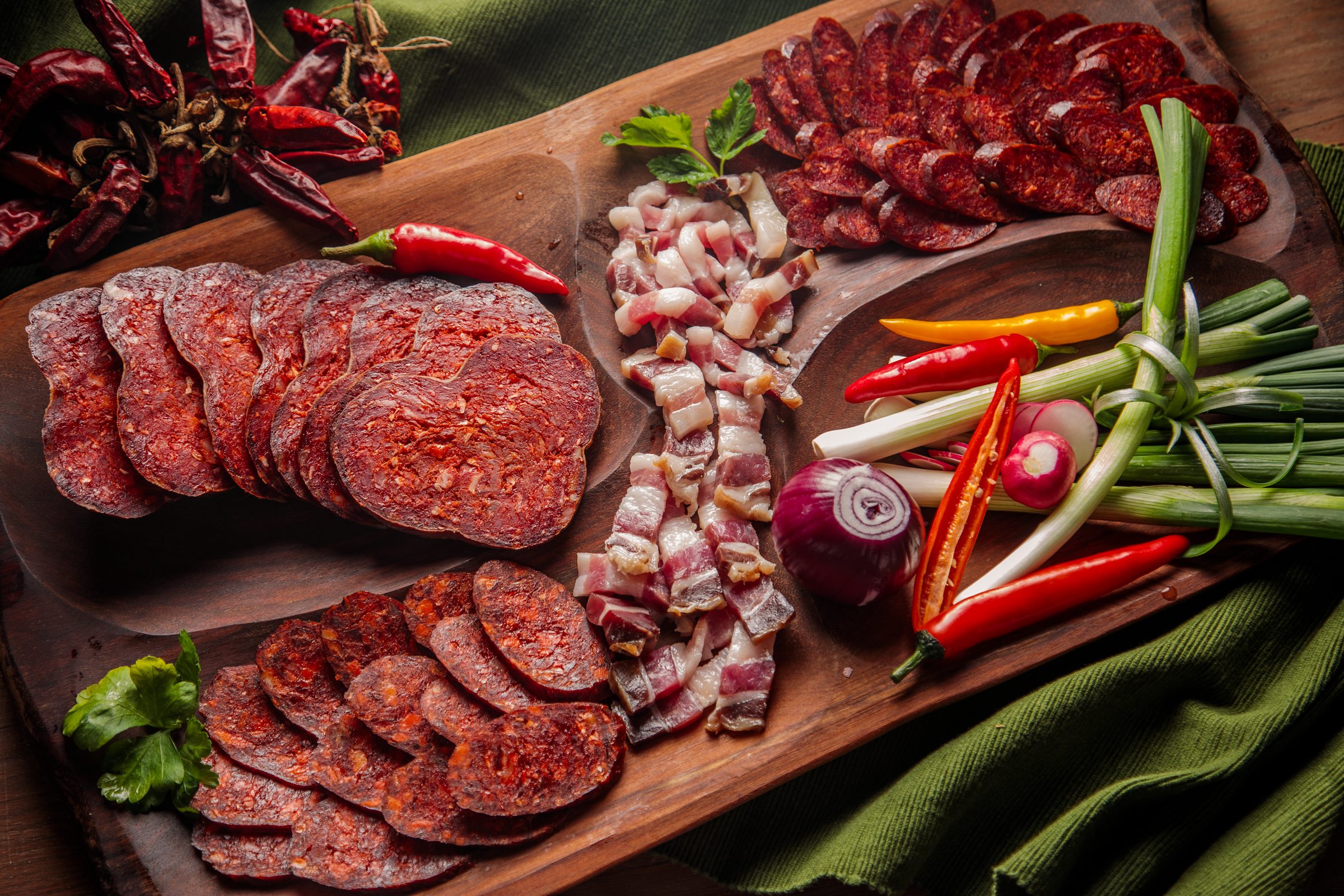 Baranja kulen, featured within a traditional Slavonian platter © Romulić & Stojčić
Baranja kulen, featured within a traditional Slavonian platter © Romulić & Stojčić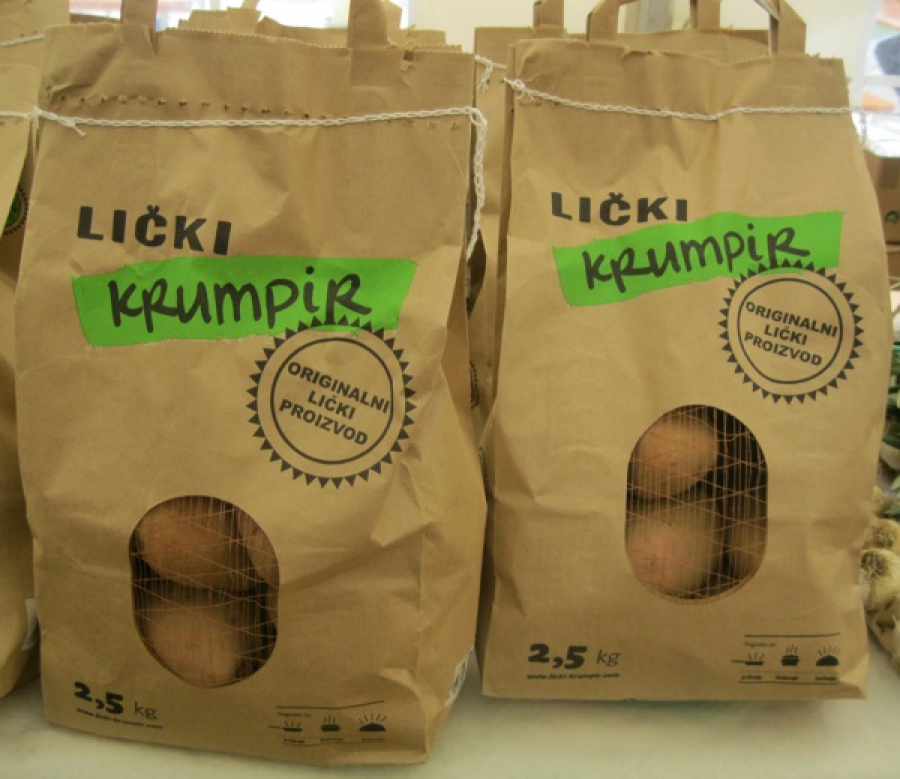 Lika Potatoes
Lika Potatoes
For the latest travel info, bookmark our main travel info article, which is updated daily.
Read the Croatian Travel Update in your language - now available in 24 languages
Kerum Selling Famous Drnis Prosciutto Factory for 12 Million Kuna
The failed Kerum trade chain is selling off its property in the area of the inland Dalmatian town of Drnis, which once used to breed pigs for the well-known and widely adored Drnis prosciutto.
As Novac/Tanja Gattin Zebic writes on the 26th of January, 2020, namely, the courts had their eye on a former pig farm belonging to the Split-based ''Mesopromet'', which was one of the largest meat industries in all of Dalmatia until the Homeland War in the 1990s.
In the advertisement for sale it is named after its microlocation - the Miocic-Siveric pig farm. Today, this property in reality is actually a piece of construction land covering 165,779 square metres in total, along with its accompanying outbuildings. Its prige tag is estimated at a massive 12,434,000 kuna.
In addition, Laguna - a pool of 22,789 square metres in size, located on 40,263 square metres of agricultural land, otherwise worth 982,000 kuna, is also for sale.
The aforementioned pig farm known for the famous Drnis prosciutto and the Laguna pool will not be sold below their estimated respective values in the first round of bidding, which runs until February the 18th, 2020, when the bids are due to arrive at the Commercial Court in Split. If they do not obtain a new owner at these prices, Kerum may, if it is agreed by the board of its creditors, lower the price until someone places a written offer for their purchase on the table.
The pig farm and Laguna used to be a technological unit. The controversial Zeljko Kerum once bought them for three million kuna during the bankruptcy of "Salonacoop", as "Mesopromet" changed its name in the process of its transformation from a public company to a joint stock company. After several rounds of public auctioning, the price then dropped significantly compared to the more than two million euros that the property was valued at.
Mesopromet once had its facilities in the Split areas of Dujmovaca, Drnis and Kosuta. On the website of the City of Drnis, it can be read that the production of Drnis prosciutto as a special brand for the market started back in 1969 with the establishment of the agricultural and industrial combination of Petrovo polje (field), and that the following year, Petrovo polje would partner up with the "Mesopromet" working organisation from Split.
Until 1991, the large meat industry was governed by a workers' council, and later the board of directors was appointed by the Croatian Restructuring and Development Agency.
At the end of 1991, the company had 1405 full-time employees and had assets worth just over two billion kuna. In the same year, it generated 2.7 million kuna, which was not enough as it resulted in a loss of 110,000 kuna.
Bankruptcy proceedings were first opened back in 1997 (the company was then called "Salonacoop") at the suggestion of employees because of the inability of the company to pay its liabilities, losses in operations, the sale of assets and a lack of work.
Make sure to follow our dedicated business page for much more.


